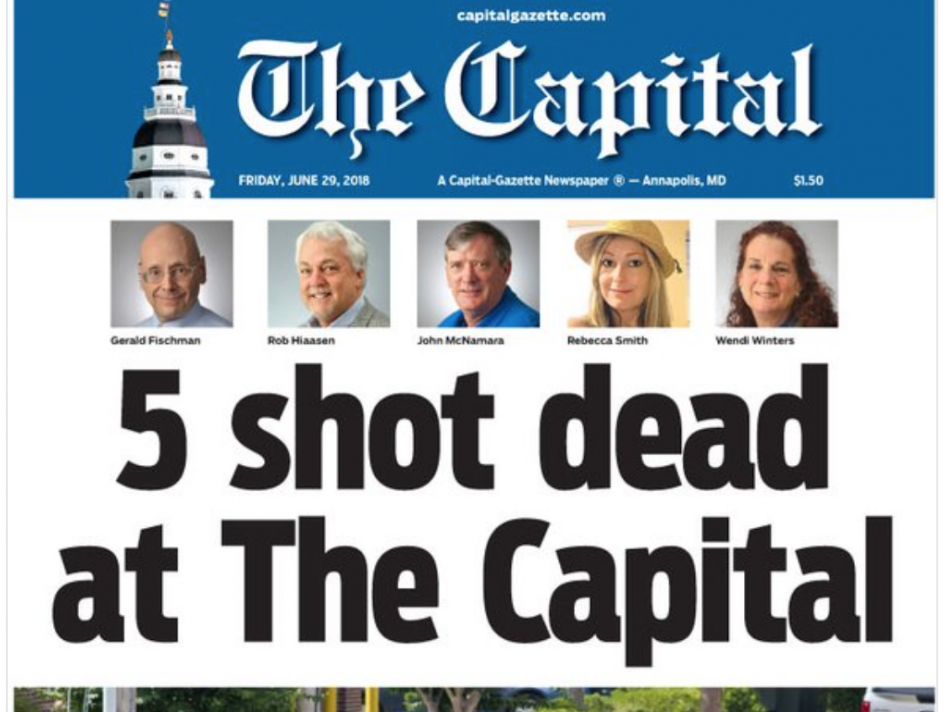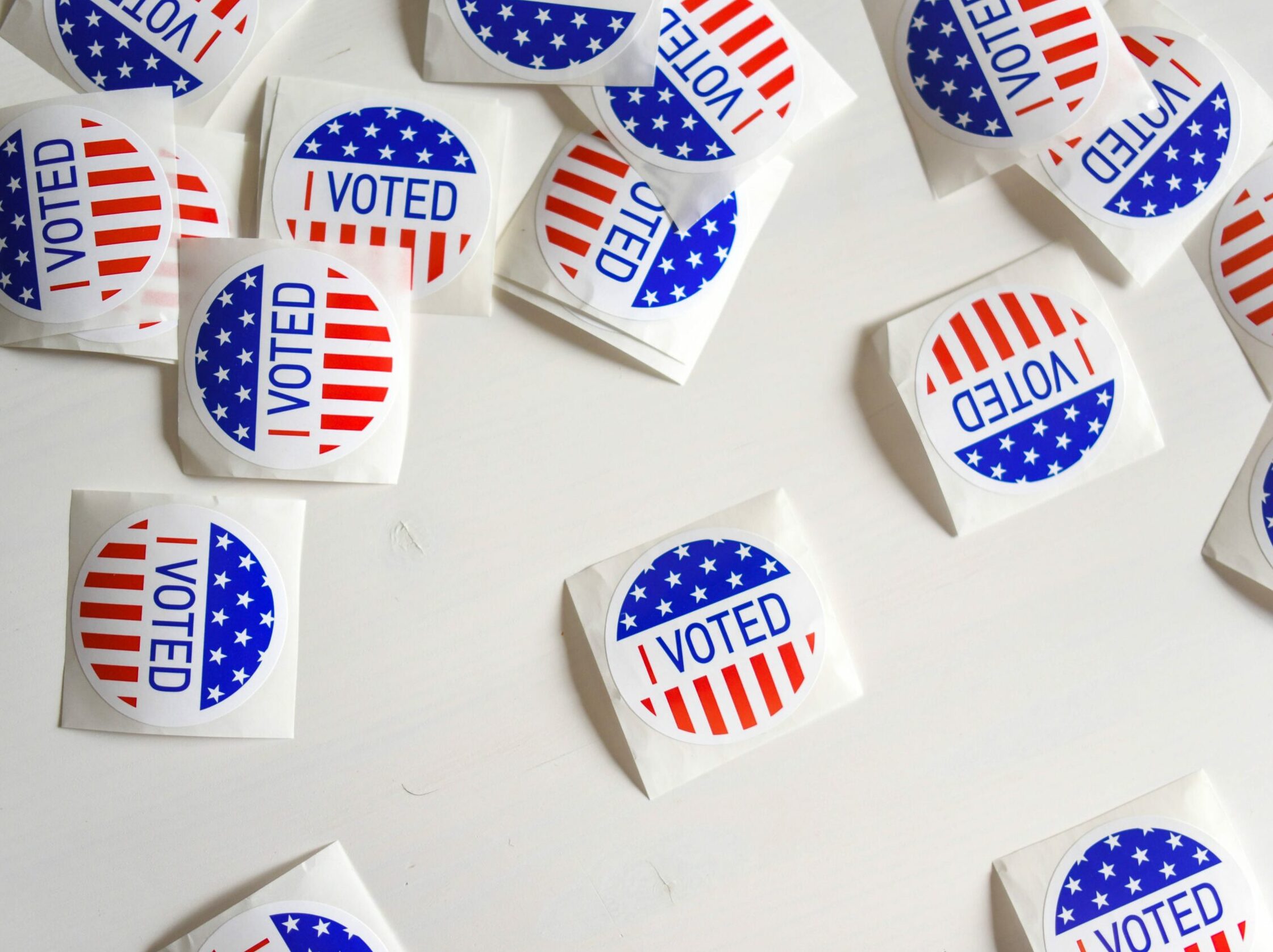DuBose: Four years after The Capital newsroom shooting, we continue to press on
In the summer of 2018, I was entering my third semester as a graduate student in journalism at the University of Maryland. I got a call from Karen Denny, then the Annapolis bureau chief of the Capital News Service, Maryland’s student-run news organization. Days prior, a gunman had entered The Capital’s newsroom and killed five people: John McNamara, Rebecca Smith, Wendi Winters, Gerald Fischman and Rob Hiaasen.


